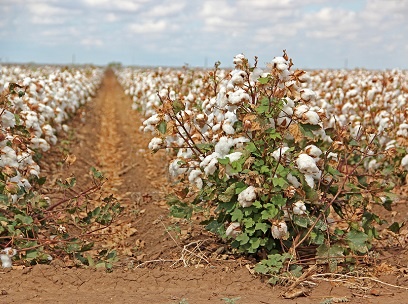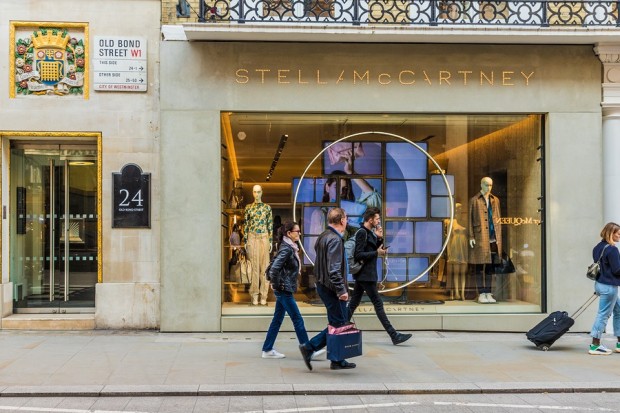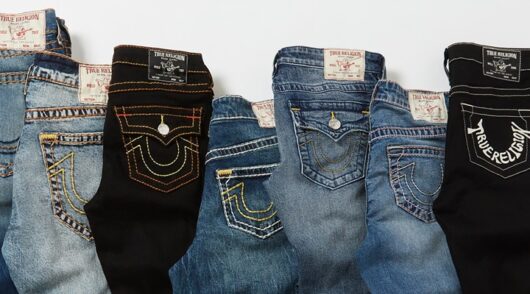
Google has announced a new pilot project to help fashion brands measure the environmental impact associated with the production of their raw materials, including water and pesticide usage in the production of cotton, and deforestation to make viscose.
The pilot project, announced at Copenhagen Fashion Summit on Wednesday, will see the tech giant partner with leading sustainable fashion brand, Stella McCartney.
“At Stella McCartney we have been continuously focusing on looking at responsible and sustainable ways to conduct ourselves in fashion, it is at the heart of what we do,” Stella McCartney said in a statement about the pilot project.
“We are trying our best – we aren’t perfect, but we are opening a conversation that hasn’t really been had in the history of fashion.”

The fashion industry is considered to be one of the most polluting industries on the planet, accounting for 20 per cent of waste water and 10 per cent of carbon emissions globally, according to a 2018 report by the United Nations.
Another report by Boston Consulting Group and Global Fashion Agenda found that much of this impact occurs at the raw materials stage in the production process, where brands have little to no visibility.
Indeed, while a growing number of brands are taking important steps to reduce plastic waste in their packaging and launch takeback schemes to keep old clothing, shoes and accessories out of landfill, few have been able to make a difference at the source.
“This is an industry wide problem, where supply chains are highly fragmented and with little transparency,” Nick Martin, head of retail at Google Cloud, said in a statement.
But the tech giant believes it can put its data collection and analysis expertise to good use in this space.
The company is now building a tool on Google Cloud that uses machine learning to give brands a more comprehensive view into their supply chain, particularly at the level of raw material production, known within the industry as ‘Tier 4’.
The tool will include data sources that allow companies to better measure the environmental impact of their raw materials, including air pollution, greenhouse gas emissions, land use and water scarcity.
“Our goal is not only to be able to determine the impact of producing these raw materials, but also compare the impacts of these in different regions where they are produced,” Martin said.
“We’ll be looking initially at cotton and viscose, each chosen due to the scale of their production, data availability and impact considerations.”
Google noted that cotton accounts for 25 per cent of all fibres used by the fashion industry, and its production is a big driver of water and pesticide use. Viscose production is smaller but growing in demand, and has links to the destruction of forests – some endangered – which are critical in mitigating carbon emissions.
Based on the effectiveness of the pilot, Google is considering possibilities for expansion into a wider variety of key textiles in the market down the line.
“This is the first phase of our experiment. We are actively working with fashion brands, experts, NGOs and industry bodies with the ambition of creating an open industry-wide tool, and plan to continue driving collaboration with other key players – large and small,” Martin said.
Google developed the tool after working with Current Global, an innovation consultancy that helps brands become more sustainable.





